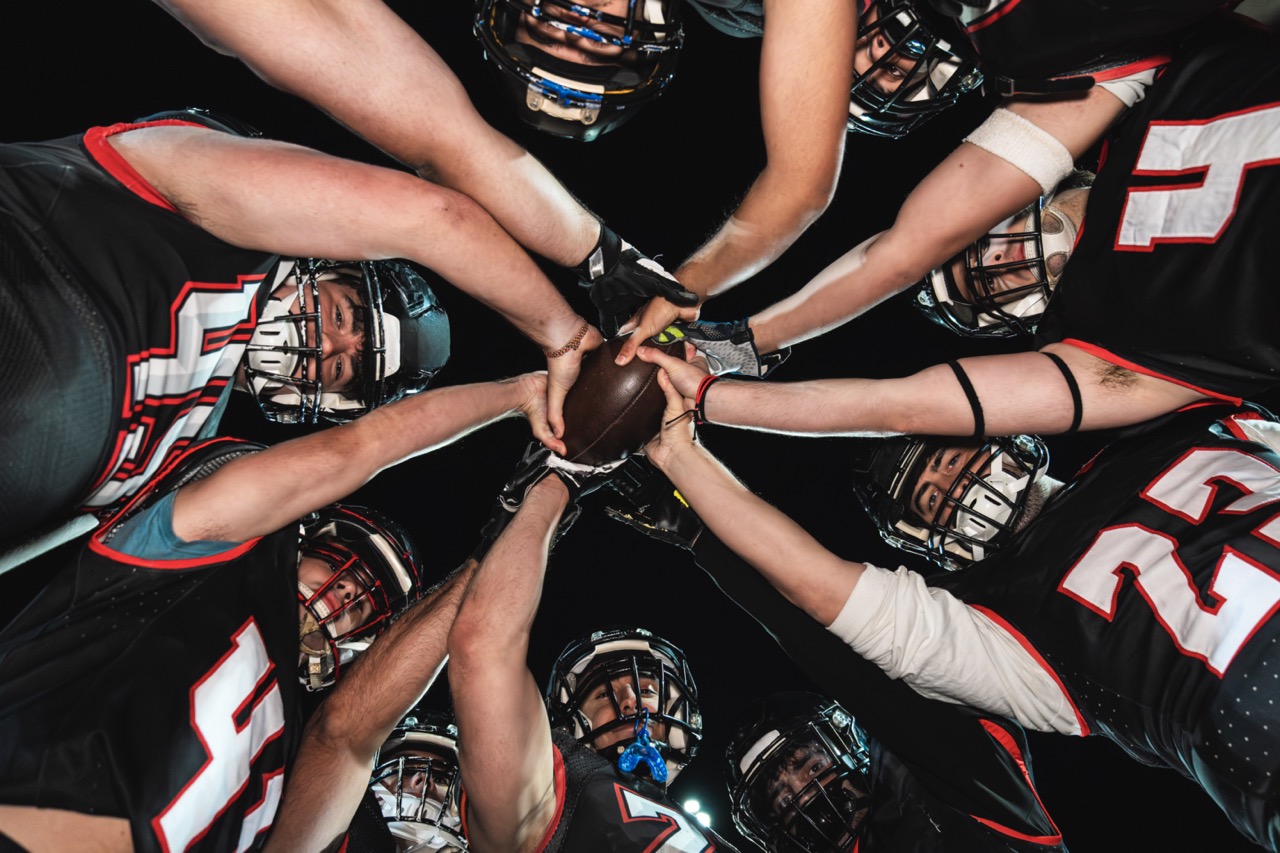Episode 114: The Untapped Power of Visualization: Are You Missing Out?

What if you could boost your confidence, sharpen your focus, and advance closer to your goals—all without breaking a sweat? In Episode 114 of the Mental Mettle Podcast, Coach Matt Thomann explores one of the most underused tools in mindset and performance: visualization.
We’re not talking about wishful daydreaming, but harnessing mental imagery—a proven practice backed by science—to hardwire your brain for success. Whether you’re an athlete, corporate leader, or striving for personal growth, this episode unpacks exactly why visualization should be in your mental toolkit.
The Science Behind Visualization
Visualization isn’t magic—it’s neurobiology meets habit-building. When we “see” ourselves achieving or performing in our minds, our brains activate many of the same pathways as if we were physically rehearsing the task itself. This phenomenon increases neuroplasticity (your brain’s ability to adapt and learn new skills) and reinforces muscle memory.
Repeatedly practicing through vivid mental imagery helps form stronger connections in your brain, meaning you can improve skills, prepare for unpredictable situations, and even build greater confidence—all before you ever step onto the field or into the boardroom. Research in psychology and sports science backs this up: The better you are at imagery, the better your chances for high performance.
Why Aren’t More People Using Visualization?
Despite its benefits, visualization remains largely untapped for two main reasons:
- Perceived Awkwardness: Some worry it seems “woo-woo” or strange, especially if they don’t see themselves as particularly imaginative or creative. But visualization is simply focused practice—no mystical skills needed!
- Lack of Awareness and Habit: Most people either underestimate its effectiveness, don’t know how to start, or just don’t make time for it. Yet, even 30 seconds of intentional mental imagery can yield results.
Real-Life Insight: Dana Thomann’s Visualization Journey
In this episode, Dana Thomann joins Matt to share how visualization went from awkward exercise to a routine part of her professional and fitness life.
- At Work: Dana used visualization and power posing when prepping for big presentations and job interviews. By seeing herself confidently handling questions and stepping into the room, she calmed her nerves and improved her delivery.
- In Workouts: Now, before bed, Dana pictures herself waking up ready for her workout, visualizing each step—from getting up to feeling the intensity of her exercise. This mental dress rehearsal helps her follow through even on tough mornings, building consistency and purpose.
Dana’s biggest takeaway? The more specific and intentional your mental imagery, the greater the payoff. Whether preparing for a boardroom, a workout, or a speaking engagement, visualization helps her feel as if she’s already “been there” when it counts.
How to Start Using Visualization
Ready to try it yourself? Here are three easy steps to make visualization part of your daily routine:
1. Pick Your Moment:
Choose an area where you want to improve—sports, presentations, interviews, even tough conversations.
2. Be Specific:
Vividly imagine not just the end result, but the sights, sounds, feelings, and even sensations (like your breath or the room temperature) as you go through the motions.
3. Rehearse and Repeat:
Spend just 30 seconds to a few minutes daily, and practice seeing yourself succeed. Anticipate potential challenges or nerves, and picture yourself responding with calm and confidence.
Remember: Most people already visualize unconsciously—but often they imagine what could go wrong. Harness your daydreaming on purpose, and you’ll be amazed at the positive pathways you build.
Are You Missing Out?
Visualization isn’t a magic trick reserved for elite athletes or motivational speakers. It’s a practical, science-backed “brain hack” available to anyone who wants to level up—in sports, work, or life.
If you’re ready to unlock your hidden potential, give visualization a real shot this month. Notice how it shifts your confidence, focus, and follow-through. And if you need guidance, support, or new strategies, Mental Mettle Coaching is here to help!
Are you ready to forge your mettle?
More From Mental Mettle

Hope as a High-Performance Skill: How to Build Mental Toughness Before Life Falls Apart

Episode 132: The Power of Hope with Derek Gordon

Episode 125: Sleep is Your Mental and Physical Superpower

Episode 131: Way of the Warrior: Leadership Coaching with SGT. Brett Miller

Episode 130: Happy Thanks"taking"

